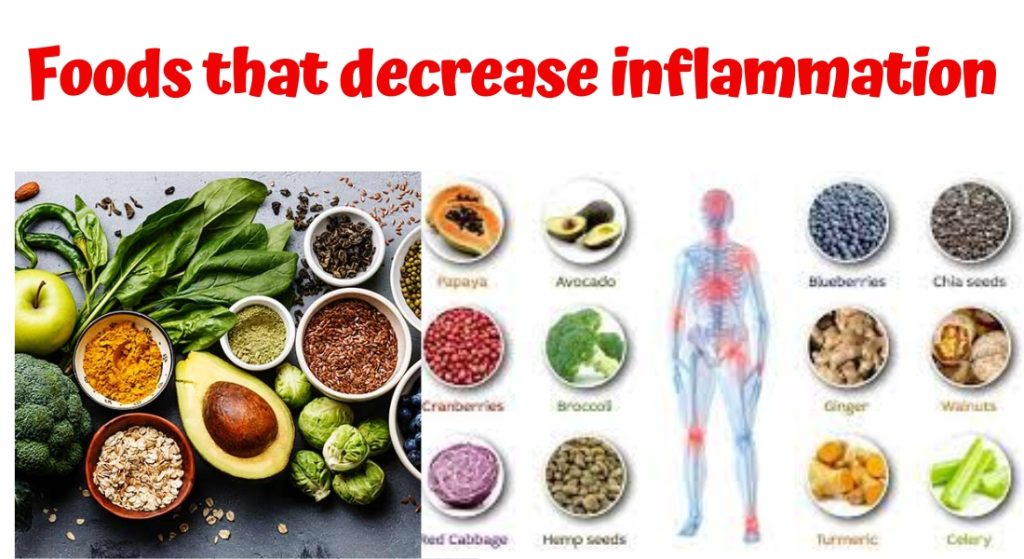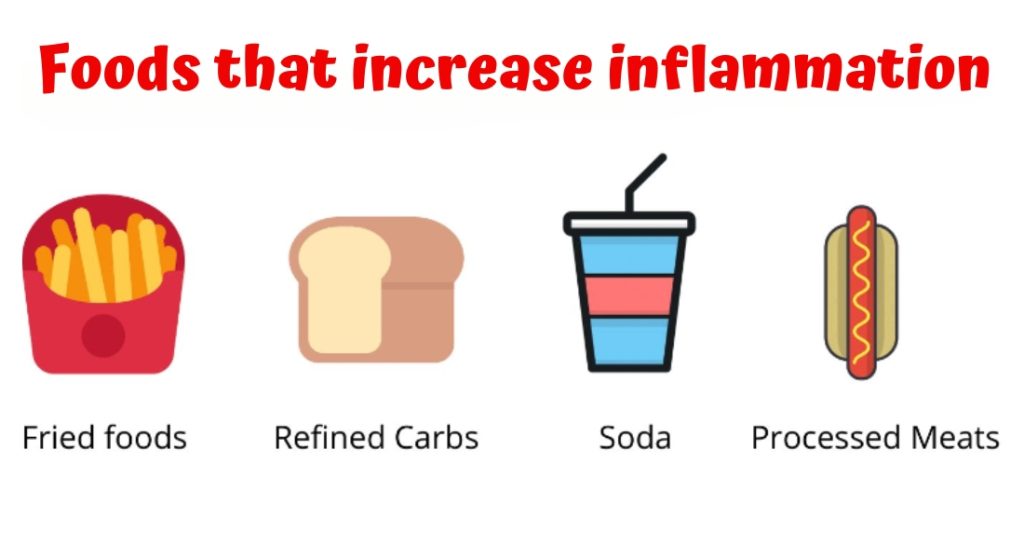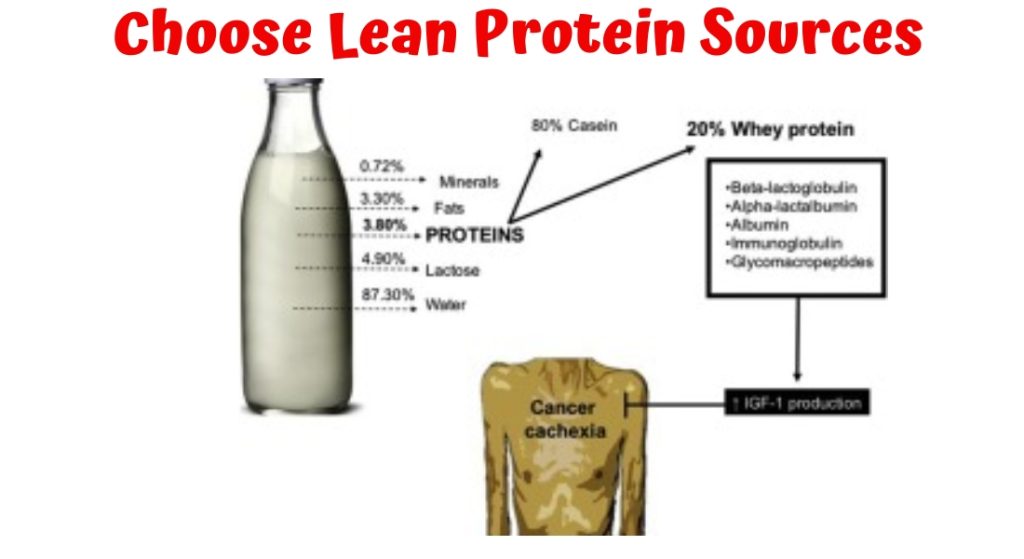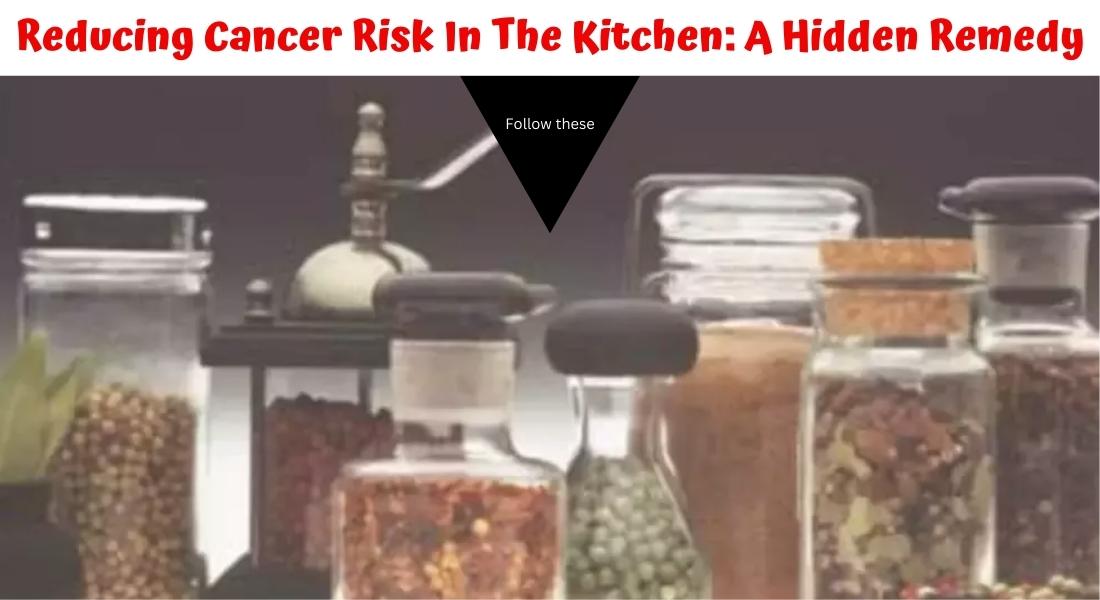As a team of dedicated researchers working to figure out the complicated link between what you eat and your risk of getting cancer, our focus goes beyond the lab and into the heart of every home kitchen. There is no one known cause of cancer, but the World Health Organization (WHO) says that a good living and food can stop 30 to 50 percent of all types of cancer.
Here, we look at some practical measures and food choices that may be very important in lowering the chance of cancer. One of our goals is to connect science research with everyday life by giving people the knowledge they need to make smart choices in the comfort of their own homes.
Keeping a close eye on nutritional science, we show ways to include cancer-fighting ingredients in everyday cooking. Join us on this trip as we discover the power of the foods we eat and the ways we live in order to live a better, more cancer-aware life.
To begin, I will discuss six protective effects of a diet rich in fruits, vegetables, and whole grains against cancer.
Eat Plenty Of Fruits, Vegetables, & Whole Grains (1)
Global Cancer Update Programme stated that Up to 30 to 40 percent of all types of cancer can be avoided by living a healthy life and eating right.
At every meal, try to get half of your dish fruits and veggies. Grab a range of colors and varieties of fruits and veggies to get the most nutrients. Foods like brown rice, quinoa, oats, whole-wheat bread, and pasta are all full of nutritious whole grains.
Lots of nutrients can help keep your cells healthy and lower your cancer risk. Fruits, veggies, and whole grains are excellent sources of these nutrients. Antioxidants are found in large amounts in fruits and veggies and can help fight dangerous free radicals. Whole grains have a lot of fiber, which can help keep blood sugar levels in check and reduce swelling.
Here, we can define which foods are responsible for inflammatory or anti-inflammatory
Foods that decrease inflammation

Here , follows the list…
Fruits and vegetables
Antioxidants and other nutrients found in fruits and vegetables can help reduce inflammation. Berry, cherry, tomato, broccoli, spinach, and kale are some fruits and veggies that help reduce inflammation the most.
Fatty fish
Fish high in fat, like salmon, tuna, and sardines, are an excellent way to get them. Omega-3 fatty acids are very good at reducing inflammation.
Whole grains
Fiber-rich foods, like whole grains, can help prevent swelling. Oats, brown rice, and quinoa are all types of whole grains.
Nuts and seeds
Nuts and seeds have a lot of bulk, protein, and healthy fats. All of these micronutrients can help lower swelling and pain. Almonds, walnuts, and chia seeds are all nuts and seeds that reduce inflammation.
Spices and herbs
Some herbs and spices, like garlic, ginger, turmeric, and ginger, can help reduce inflammation. Inflammation can be lowered by adding herbs and spices to your food.
Along with these foods, it’s also important to stay away from foods that can make inflammation worse.
Foods that increase inflammation

Processed foods
A lot of processed foods have a lot of sugar, salt, and fats that are bad for you. All of these factors can make irritation more severe.
Red meat and processed meats
Red meat and processed foods have been linked to making inflammation worse. It would help if you tried to eat less of these things.
Sugary drinks
A lot of extra sugar is in drinks like juice and pop. It has been found that added sugar can cause inflammation.
Unhealthy fats
Fats that are bad for you, like trans fats and heavy fats, can worsen inflammation. You should avoid these fats and pick healthy fats like omega-3 fatty acids and monounsaturated fatty acids.
Eating many foods that are good for you and not many that make inflammation worse can help lower inflammation and improve your health overall.
Limit Processed Foods (2)
Moubarac et al (1988) titled “Consumption of ultra-processed foods and likely impact on human health” recommended many ultra processed foods have a lot of sugar, salt, and fats that are bad for you. Some toxins in them may also raise the risk of getting cancer.
As little as possible should be prepared foods. When you shop for food, read the labels carefully and look for whole, uncooked components. Avoid foods with trans fats, corn syrup with a high fructose content, or fake sweets.
Choose Lean Protein Sources (3)
Teixeira, et al. (2019) titled ” Whey protein in cancer therapy: A narrative review” stated that proteins that are low in calories and fatty fat include chicken, fish, and beans. They also have a lot of important nutrients, like iron and zinc.

Pick lean cuts of meat and cook them in healthy ways, like grilling, baking, or roasting. Don’t fry meat because it can make chemicals that are bad for you.
Limit Red Meat And Processed Meats (4)
Qian, et al. (2020) titled Red and processed meats and health risks: how strong is the evidence recommended that classified that processed meats as a Group 1 carcinogen for human colorectal
cancer. Getting cancer is more likely if you eat a lot of red meat and processed meats. If you must eat red meat, pick lean cuts and cook them in a healthy way. Cut back on prepared foods like hot dogs, bacon and sausage.
Avoid Sugary Drinks (5)
Makarem, N., et al. (2018) titled “Consumption of sugars, sugary foods, and sugary beverages in relation to adiposity-related cancer risk in the Framingham Offspring Cohort (1991–2013)” recommended that Eating more sugar may raise the chance of cancer by causing insulin and glucose to not work properly, oxidative stress, hormonal changes, and extra fat.
Drinks with a lot of sugar have a lot of calories and sugar. Some people who eat them gain weight, become obese, or get type 2 diabetes. All of these conditions raise the risk of getting cancer.
Pick water, iced tea, or coffee over drinks with a lot of sugar. You can also make your water taste better by adding a splash of fruit juice.
Cook Food Safely (6)
Avoid overcooking meats because it can make chemicals that are bad for you. Also, wash fruits and veggies really well before you eat them.
When cooking meat, make sure it’s at an appropriate temperature with a meat tester. Before and after touching raw meat, wash your hands well with water and detergent.
Beneficial Effects Of Food On Our Health
Several studies have looked at certain foods again and found that they are good for our health (Adams SM, Standridge 2006). The National Cancer Institute (NCI) has made dietary recommendations to help people avoid getting cancer (Butrum RR, 1988).
This study have here pointed out the following 7 points.
- Keep a correct body weight
- Vary your diet
- Include fruit and vegetables in your daily diet.
- Eat more foods rich in fibres, such as cereals, whole wheat flour and legumes.
- Reduce total consumption of fats.
- Limit the consumption of alcohol
- Limit the consumption of salt or foods preserved with nitrite
Additional Tips To Reduce The Risk Of Cancer
Researchers think that the chemicals and substances in some foods may affect the chance of getting cancer.
Carotenoids
It is found in red, orange, yellow, and some dark-green vegetables. Examples include carrots, sweet potatoes, spinach, kale, and butternut squash.
Polyphenols
Found in various foods, including herbs, spices, vegetables, tea, coffee, chocolate, nuts, apples, onions, and berries.
Examples include green tea, dark chocolate, berries (like blueberries), and nuts (like almonds).
Allium Compounds
Allium Compounds is found in chives, garlic, leeks, and onions. These vegetables are part of the allium family and are known for their potential health benefits.
Here are some tips
Consider fats and oils that are good for you. When preparing food, don’t use fats that are bad for you, like butter and lard. Pick healthy fats, like oil from canola seeds, avocado, and olive oil.
Make changes to your meals that are good for you. For instance, don’t use whole milk, skim, or low-fat milk. We recommend using whole-wheat bread instead of white bread.
Get the kids interested in making healthy food. Get them excited about trying new things and teach them how to eat well simultaneously.
Pay attention to food safety. Always wash your hands well before and after touching food. Keep the surfaces in your kitchen clean.
Final Suggestions
Our research team provided (above) these tips, now you can lower your risk of getting cancer and improve your health. You can also start making healthy changes in the kitchen for you and your family.
Remember that no one food or way of life will always keep you from getting cancer. But if you cook with healthy foods, you can lower your chances and get better health.
References
- Adams SM, Standridge JB. What should we eat? Evidence from observational studies. South Med J 2006; 99: 744-8.
- Butrum RR, Clifford CK, Lanza E. NCI dietary guidelines: rationale. Am J Clin Nutr 1988; 48: 888-95.
- Moubarac, J., Martins, A., Claro, R., Levy, R., Cannon, G., & Monteiro, C. (2013). Consumption of ultra-processed foods and likely impact on human health. Evidence from Canada. Public Health Nutrition, 16(12), 2240-2248. doi:10.1017/S1368980012005009
- Teixeira, F. J., Santos, H. O., Howell, S. L., & Pimentel, G. D. (2019). Whey protein in cancer therapy: A narrative review. Pharmacological Research, 144, 245-256. https://doi.org/10.1016/j.phrs.2019.04.019
- Qian, F., Riddle, M. C., Wylie-Rosett, J., & Hu, F. B. (2020). Red and processed meats and health risks: how strong is the evidence?. Diabetes care, 43(2), 265-271.
- Makarem, N., Bandera, E. V., Lin, Y., Jacques, P. F., Hayes, R. B., & Parekh, N. (2018). Consumption of sugars, sugary foods, and sugary beverages in relation to adiposity-related cancer risk in the Framingham Offspring Cohort (1991–2013). Cancer Prevention Research, 11(6), 347-358
As a 10 years veteran in the culinary industry, I have developed a passion for all things kitchen. With a deep understanding of food preparation and cooking techniques, I am a true kitchen specialist. My experience working in Khedmot kitchen has allowed me to hone my skills and become an expert in creating delicious and visually appealing dishes.
I am a creative and innovative chef, constantly experimenting with new ingredients and cooking methods to bring unique and memorable dining experiences to my customers. In addition to my culinary expertise, I am also highly organized and able to effectively manage a team of kitchen staff, ensuring that all tasks are completed efficiently and to a high standard.
I am dedicated to my craft and always strive to create exceptional dining experiences for my customers. Whether it’s developing a new menu, training my kitchen team, or working with local suppliers, I am always looking for ways to improve and take my kitchen to the next level.
If you’re looking for a skilled and passionate kitchen specialist, look no further. I am eager to bring my expertise to your team and help take your kitchen to the next level.


